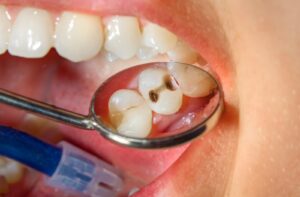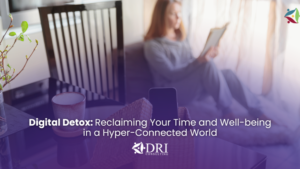Introduction
In our always-on society, sleep is frequently sacrificed for productivity. But skimping on shut-eye does more than leave you groggy – it fundamentally undermines your physical health, mental clarity, and emotional resilience. The CDC reports that 1 in 3 adults don’t get enough sleep, contributing to chronic diseases, accidents, and reduced quality of life.
This guide will explore:
- The science behind sleep cycles
- Surprising health benefits of quality rest
- Practical tips for better sleep hygiene
- When to seek professional help for sleep issues
The Science of Sleep: What Happens When You Rest
Sleep occurs in 90-minute cycles with four key stages:
- NREM Stage 1 (5 mins): Light sleep where you can be easily awakened
- NREM Stage 2 (25 mins): Body temperature drops, heart rate slows
- NREM Stage 3 (Deep Sleep): Tissue repair and growth hormone release
- REM Sleep (Dream Stage): Memory consolidation and emotional processing
Adults need 7-9 hours nightly to complete 4-6 full cycles. Missing just 1-2 hours regularly creates “sleep debt” with cumulative effects.
5 Life-Changing Benefits of Quality Sleep
- Stronger Immunity
- During deep sleep, your body produces infection-fighting cytokines
- Studies show well-rested people develop better antibody response to vaccines
- Healthier Heart
- Chronic sleep deprivation increases risks for:
- High blood pressure (42% higher risk)
- Heart disease (48% higher risk)
- Stroke (15% higher risk)
- Chronic sleep deprivation increases risks for:
- Sharper Brain Function
- Sleep cleanses brain toxins linked to Alzheimer’s
- Improves memory retention by 20-40%
- Enhances problem-solving and creativity
- Weight Management
- Sleep regulates hunger hormones (ghrelin and leptin)
- Just 5 nights of poor sleep can increase calorie intake by 300+ daily
- Emotional Resilience
- REM sleep helps process emotional experiences
- Sleep deprivation amplifies negative emotions by 60%
10 Evidence-Based Tips for Better Sleep
The 4-Hour Wind Down
- 🕢 3-4 hours before bed: Finish heavy meals and intense exercise
- 🕘 2 hours before bed: Dim lights, reduce screen time
- 🕙 1 hour before bed: Warm shower, light stretching
Bedroom Optimization
- 🌡️ Keep temperature between 60-67°F (15-19°C)
- 🚫 Remove electronics (TVs, phones create mental stimulation)
- 🛏️ Invest in quality mattress and pillows
Daily Habits
- ☀️ Get morning sunlight to regulate circadian rhythm
- ⏰ Maintain consistent sleep/wake times (even weekends)
- ☕ Limit caffeine after 2pm (takes 6+ hours to metabolize)
When to Seek Help for Sleep Problems
Consult a sleep specialist if you experience:
- Chronic insomnia (trouble falling/staying asleep 3+ nights weekly)
- Loud snoring or gasping (signs of sleep apnea)
- Uncontrollable daytime sleepiness
- Frequent nightmares or sleepwalking
Treatment options may include:
- Cognitive Behavioral Therapy for Insomnia (CBT-I)
- Sleep studies for apnea diagnosis
- Light therapy for circadian disorders
Final Thoughts: Sleep as Self-Care
Quality sleep isn’t passive – it’s an active investment in every aspect of your health. By prioritizing 7-9 hours nightly and optimizing your sleep environment, you’re not just resting – you’re upgrading your immune system, brain function, and emotional well-being.
Tonight’s Sleep Challenge:
Try implementing just one improvement from this list – whether it’s setting a consistent bedtime or creating a tech-free buffer before bed. Small changes compound into big results!





